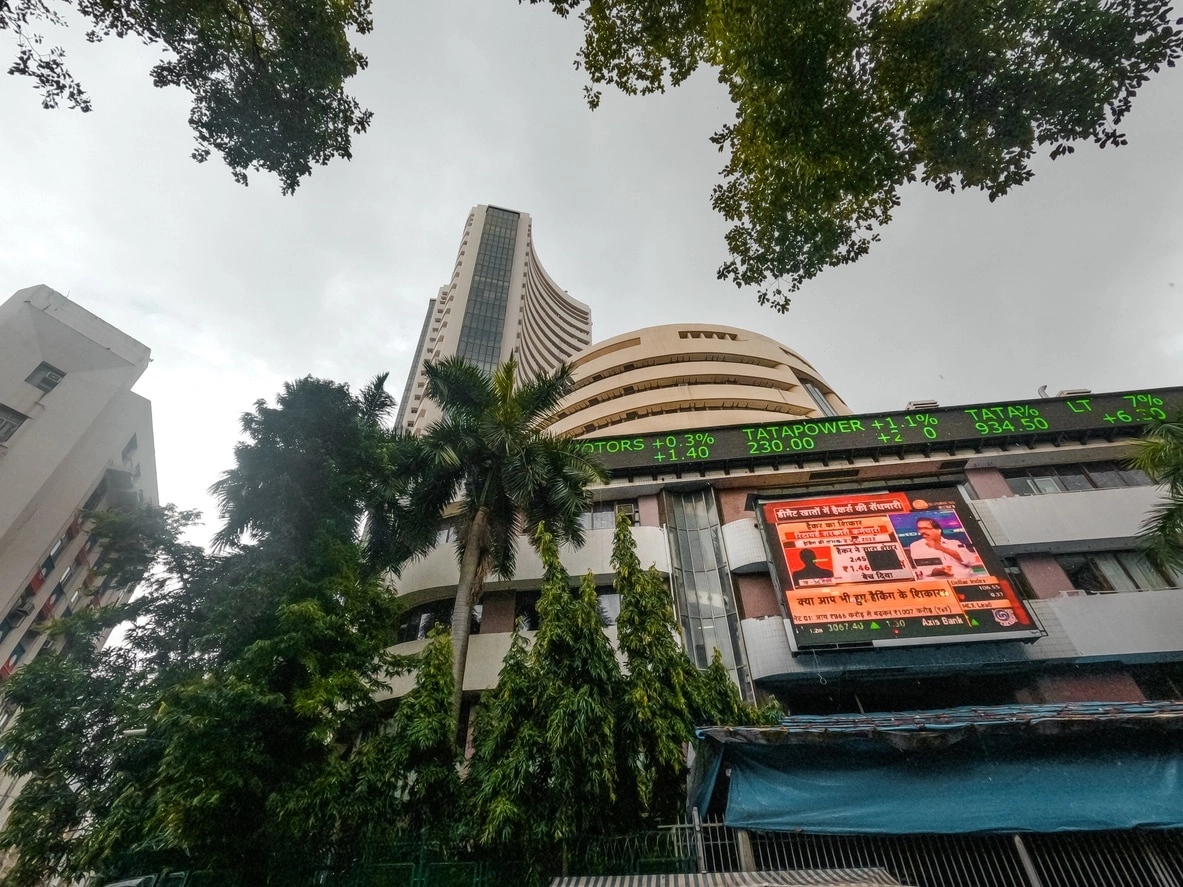The Indian stock market faced a significant setback as the Sensex plummeted by 800 points, reflecting a wave of investor anxiety amid escalating tensions between India and Pakistan. This sharp decline comes at a time when geopolitical concerns are influencing market dynamics, prompting investors to reassess their positions in light of potential risks. The fraught relationship between the two neighboring nations, marked by a history of conflict and diplomatic strife, has resurfaced, leading to fears of instability that can have far-reaching economic implications.
Market analysts suggest that the downturn is a reaction to the deteriorating political climate, which often leads to increased volatility in financial markets. Investors typically seek to minimize exposure to risk during uncertain times, which can result in widespread sell-offs, as seen in the current scenario. The Sensex’s decline is not only a reflection of investor sentiment but also indicative of the broader economic implications that such geopolitical tensions can have on trade, investment, and overall market confidence.
In addition to the immediate impact on the stock market, heightened tensions between India and Pakistan can affect various sectors differently. Industries reliant on cross-border trade may experience disruptions, while defense and security-related sectors could see increased investment as governments respond to perceived threats. Furthermore, foreign investors may adopt a cautious stance, leading to a slowdown in capital inflows, which are crucial for sustaining economic growth. The ripple effects can be felt throughout the economy, underscoring the interconnectedness of geopolitical stability and market performance.
As the situation develops, investors will be closely monitoring diplomatic efforts and potential resolutions to mitigate tensions. A swift de-escalation may restore confidence in the markets, while protracted strife could lead to further declines. Analysts urge investors to stay informed and prepared for market fluctuations, emphasizing the importance of strategic decision-making in the face of geopolitical uncertainties. Ultimately, the current scenario serves as a reminder of how external factors can significantly influence domestic markets, highlighting the need for vigilance and adaptability in investment strategies.




